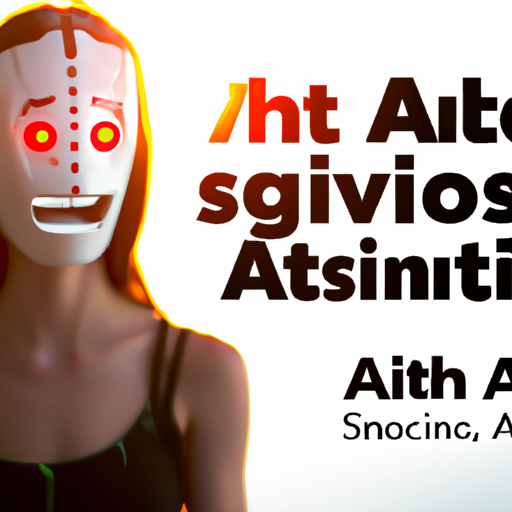Headline: Shocking Revelation: AI Companies Admit to Using Human Workers for Chat Software Responses!
In a shocking revelation, AI companies around the world have finally admitted to what we all suspected all along – that their chat software responses are not generated by machines, but rather by real human workers in China and India. This groundbreaking news has sent shock waves throughout the tech industry and beyond, leaving many wondering just how much of what we hear and see on our screens is actually real.
For years, AI companies have touted their chat software as the future of communication, heralding it as the ultimate solution for businesses and individuals looking to cut costs and save time. But it seems that this supposed innovation was nothing more than a marketing gimmick, designed to lure unsuspecting customers into a false sense of security.
When confronted with this damning evidence, AI companies were quick to defend themselves, insisting that they were simply testing new technology and had not intended to deceive anyone. But the fact remains: they knowingly deceived the public by claiming their chat software was powered by artificial intelligence when it was actually powered by impoverished workers in developing countries.
Some industry experts have already criticized this practice, calling it “predatory” and “exploitative,” but the companies in question seem unfazed by the criticism. They argue that they are simply maximizing their profits and providing much-needed employment opportunities to people in need.
Of course, this raises some troubling ethical questions. Should we be using AI to replace human workers, even if it means outsourcing work to other countries and exploiting the labor of those who can’t fight back? Is it really progress if it comes at the cost of other people’s livelihoods?
Despite these concerns, the AI industry seems to be plowing ahead full steam, fueled by the promise of endless profits and unchecked growth. But as more and more people become aware of this deception, it is likely that they will start to demand greater transparency and accountability from the companies that claim to be at the cutting edge of innovation.
So if you’re one of the many people who have been using AI chat software to communicate with others, be warned: the person on the other end of the line might not be an algorithm after all. It could be a real human being, working long hours for little pay in a foreign country.
In conclusion, this revelation is a sobering reminder that we need to be vigilant when it comes to new technologies, and that we should never take claims of innovation and progress at face value. The truth is always more complicated than it seems, and we owe it to ourselves and to others to dig deeper and uncover the real story.


